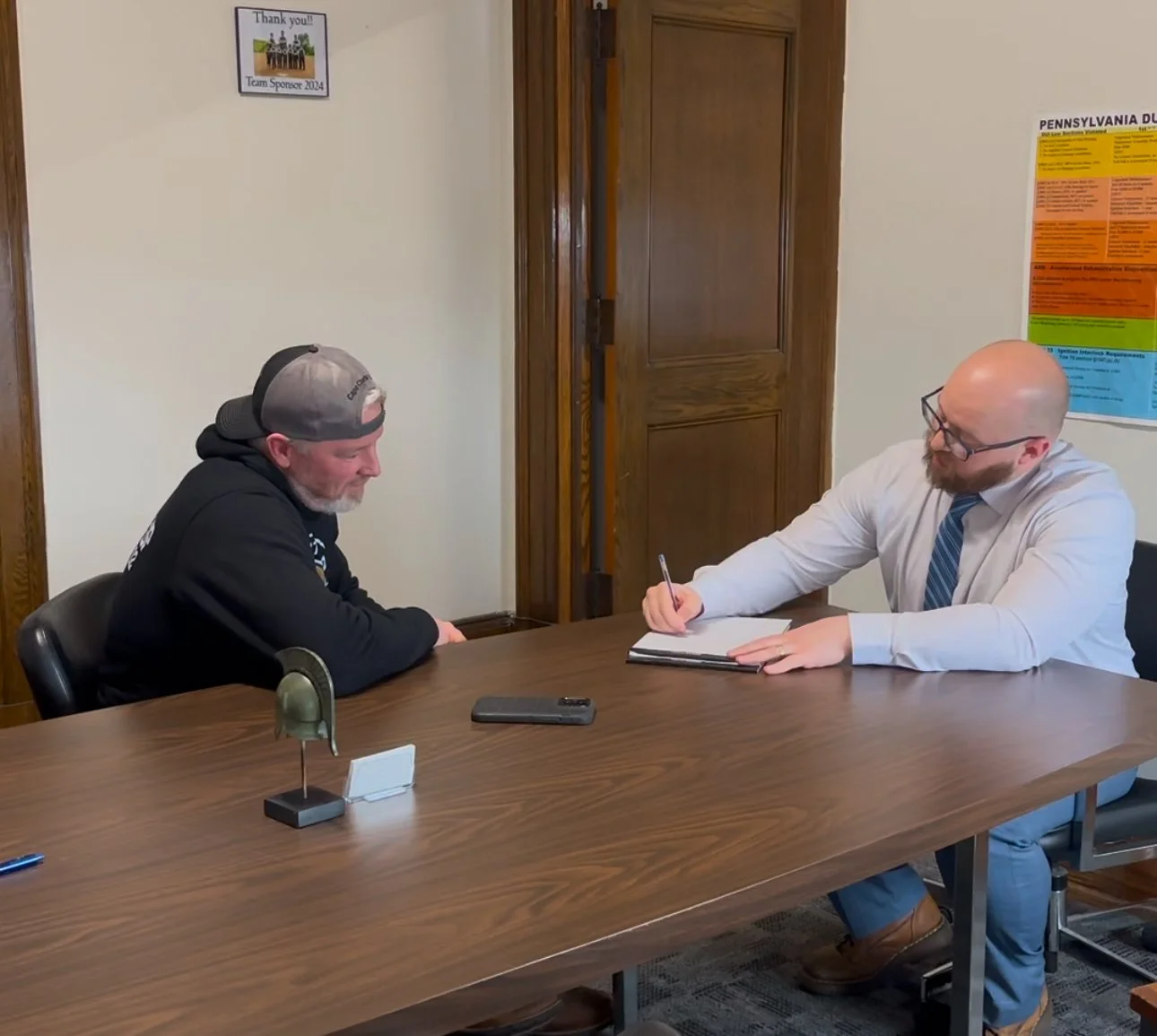Your First Will in Pennsylvania: What to Expect, What You Need, and How to Start
Creating your first will may feel overwhelming, but it doesn’t have to be. In fact, many people are surprised at how straightforward the process can be once they know what to expect. At Sutton & Lovette Law Offices, we’ve guided countless Pennsylvania residents through their first wills.
This guide breaks it down step by step so you can get started with confidence and peace of mind.
Why Your First Will Matters
Did you know that more than half of Americans don’t have a will? Waiting until “someday” can leave your loved ones facing:
Complicated legal processes
Delays in distributing assets
Family disputes or disagreements
Having a valid will ensures that:
Your assets go exactly where you want them to go.
A person you trust carries out your wishes.
Guardians for minor children or dependents are chosen by you, not the courts.
The best part? Creating a will is usually faster and simpler than most people think.
What to Expect When Creating Your First Will
If this is your first time, here’s a quick overview of the process in Pennsylvania:
Schedule a consultation with an experienced estate planning attorney.
Gather information about your assets, beneficiaries, and executor.
Review your draft, ask questions, and make adjustments.
Sign your will in front of the required witnesses.
For most clients, this entire process can be completed in just a few weeks.
What You Need Before You Begin
Preparing a few details ahead of time helps the process go smoothly:
Beneficiary information: Full names, birthdates, and relationships.
Asset list: Homes, vehicles, bank accounts, retirement plans, personal valuables.
Executor choice: Someone you trust to carry out your wishes.
Guardianship decisions: For minor children or dependents.
Digital assets: Online accounts, social media, and digital property.
If you’re unsure about anything, don’t worry, your attorney will walk you through every step.
Common Mistakes to Avoid
When writing your first will, here are a few pitfalls to watch out for:
DIY Wills Without Legal Review: Online templates might seem convenient but can leave gaps that cause confusion later.
Failing to Update Your Will: Major life changes like marriage, divorce, or moving to another state often require updates.
Not Following Witness Requirements: In Pennsylvania, improper witnessing can make a will invalid.
How to Get Started Today
Here’s a simple roadmap to your first will in Pennsylvania:
Make a list of assets and beneficiaries.
Choose an attorney who specializes in estate planning.
Schedule your initial consultation, many firms, including ours, offer free or low-cost first visits.
Review, finalize, and sign your will with the proper witnesses.
Creating your first will is one of the best gifts you can give your loved ones. It ensures your wishes are followed and provides peace of mind for the future.
Ready to Create Your First Will?
At Sutton & Lovette Law Offices, we make the process simple, clear, and stress-free.
Contact Sutton & Lovette Law Offices today to schedule your consultation and take the first step toward protecting your family’s future.




